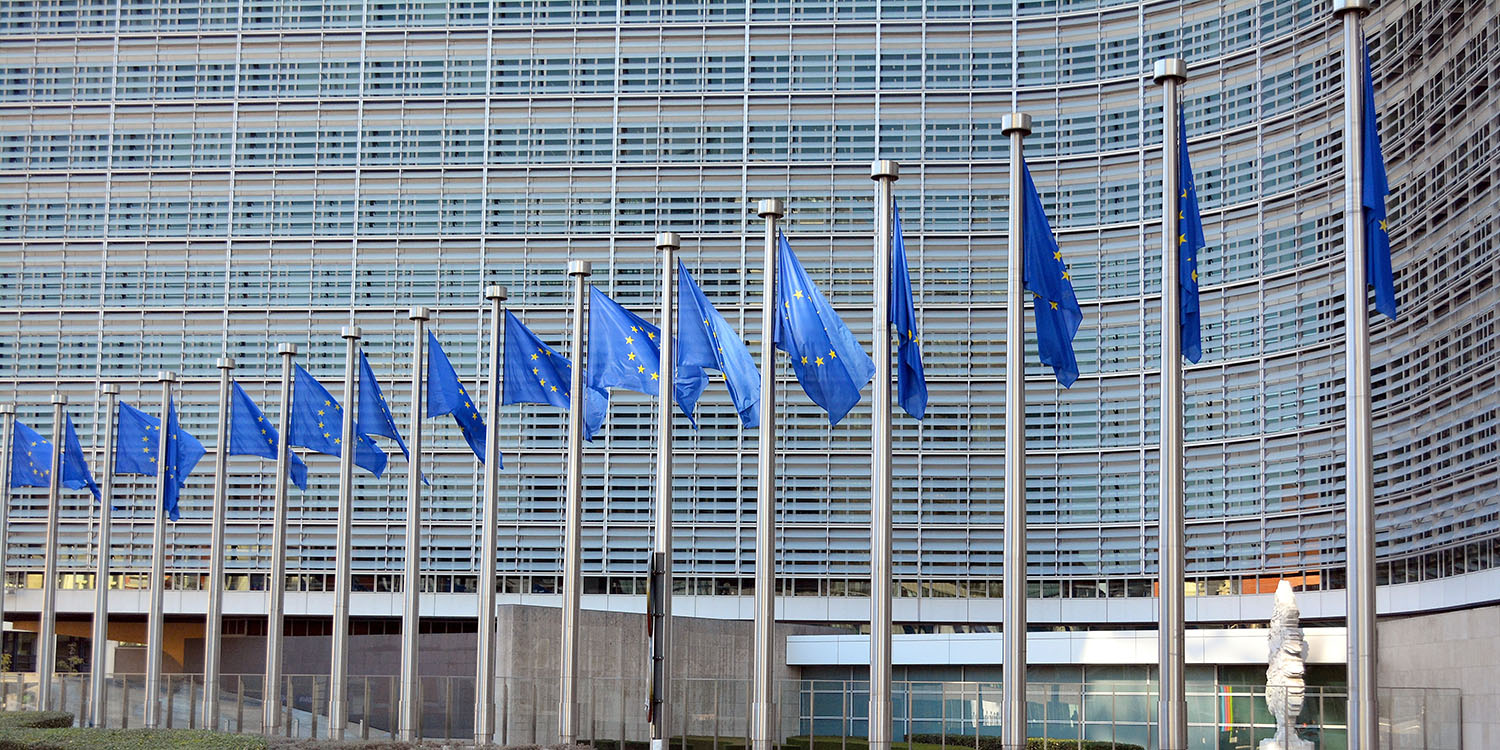
Apple’s Irish tax battle looked to have reached the end of the line when the case went before the European Court of Justice – the equivalent of the US Supreme Court. Whichever way the ECJ ruled, its decision would be final.
The ECJ was set to announce that result as soon as this month (though more likely early next year) – but this now looks unlikely, following a major setback to Apple and the Irish government …
Everything you need to know about Apple’s Irish tax battle
When Apple was looking for a European headquarters, it made arrangements to use an accounting mechanism that would mean that it could avoid paying corporation tax on its sales in 27 European countries. All profits would be funneled through to its European HQ. (The way the tax-avoidance scheme worked is explained here.)
The company then sought out a country that would allow it to pay minimal taxes there. Ireland agreed to arrangements that would result in an effective tax rate of around 2%. This is known as a “sweetheart” tax deal, where a government offers a special arrangement to a large company because it wants the tax revenue and jobs arising from being based there.
The European Commission (EC) took the Irish government to court, arguing that the sweetheart deal was illegal. The EC won the case, and Ireland was ordered to collect the underpaid tax from Apple.
Both the Irish government and Apple appealed the ruling, and they won. The EC then appealed that decision, taking the case to the equivalent of the US Supreme Court, the European Court of Justice.
That case was heard back in May of this year, with the ECJ expected to make its ruling sometime between November 2023 and early 2024. That would finally put an end to it, one way or the other.
But new guidance changes things
The ECJ sought guidance from various advisors, to help it reach its decision on the final appeal. The Irish Times reports that one of these advisors has argued that the general court (which heard the first appeal, and came down on the side of Apple and Ireland) made a mistake.
Instead of the ECJ making a ruling, he suggested, it should require the general court to look again at its decision.
A key advisor to the European Court of Justice (ECJ) has recommended that the EU’s highest court set aside a 2020 ruling by a lower court that the commission had failed to prove that the tax was owed at all.
In his opinion, advocate general Giovanni Pitruzzella said the EU general court, the lower court, committed a series of errors of law and also failed to assess “certain methodological errors” relating to Apple’s Irish tax liabilities.
Mr Pitruzzella proposes that the ECJ refer the case back to the general for a new decision on the merits.
As the paper notes, that’s a major setback to Apple and the Irish government, for two reasons.
First, it had seemed likely they would win, because the EC had lost three out of four similar cases – against Stellantis, Amazon, and Starbucks. But Pitruzzella is effectively saying that the those cases aren’t equivalent, because Apple has a different corporate structure which impacts on where and how it should be taxed.
Second, while he is simply an advisor to the court, it is usual for the ECJ to follow the advice of advocates general.
Case now unlikely to be settled next year
Assuming the ECJ does as expected – and refers the matter back to the general court – then that court will have to reconsider all the evidence, and reach a new decision (which may or may not be the same as its original decision).
Whichever way the new general court ruling goes, the losing side is certain to then appeal back to the ECJ – which will then need to examine the new ruling. That will delay things beyond 2024, with one Irish tax expert cited by the Irish Times suggesting that it will now be “several years” before a final decision.
Irish government and Apple react
The Irish government said that it will “consider the opinion,” but maintains that its tax arrangements with Apple were legal.
“It has always been, and remains, Ireland’s position that that the correct amount of Irish tax was paid and that Ireland provided no State aid to Apple,” he said. “We now await the judgment of the Court of Justice of the European Union on this matter.”
Apple echoed this:
A spokeswoman for Apple said: “The General Court’s ruling was very clear that Apple received no selective advantage and no state aid, and we believe that should be upheld.”
The case will soon be entering its second decade. Hopefully the escrow fund won’t lose any more money as it does so.
Photo: Carl Campbell/Unsplash
FTC: We use income earning auto affiliate links. More.






Comments